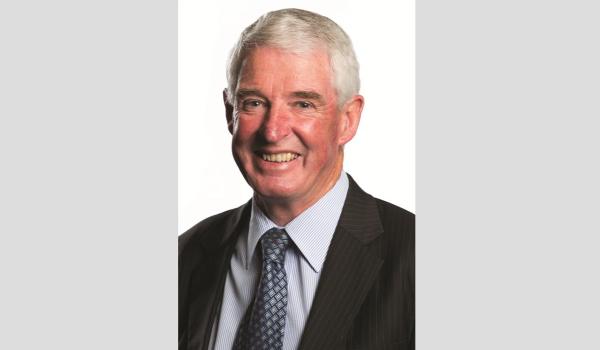Waikato Regional Council news
Waikato regional councillors have today endorsed an updated Local Government New Zealand position statement on climate change, with a staff report noting most council activities are affected by climate change or moves towards a low-carbon economy.
“The coming decades will not be business as usual,” the report said.
“We will need to review, reassess and recast all previous assumptions and be prepared to take a far more long-term view on activities and investment than in the past.”
Councillors were told the region is highly exposed to the projected impacts of climate change with, for example:
- more than 800 kilometres of national and local roads within 1.5 metres of current sea levels
- 266 square kilometres of land already below sea level in the Waikato and Hauraki catchments
- in excess of $2 billion of commercial and residential coastal property within one metre of current sea levels
- the region having 21 per cent of national greenhouse gas emissions, with the Government’s policy of transition to low carbon economy expected to affect carbon emitting activities and industries in the Waikato.
Also, more severe weather extremes are expected with more frequent dryer (drought) conditions in the north and east and higher intensity rainfall events in the south and west of the region.
Under the updated Local Government NZ position statement, councils are expected to take a lead on improving collaboration on climate change, taking change into account in long-term planning and hazard management, and looking at security of water supplies under climate change.

Council chair Alan Livingston, who will sign a local government leaders’ climate change declaration, said: “It is crucial joint action is taken to manage future risks and the regional council is committed to playing its part.”
The council is already involved in a range of climate change-related initiatives. For example, erosion and inundation risks associated with coastal environments are expected to significantly increase due to the effects of projected climate change.
Work has started on identifying the information needs required to accurately identify areas of coastal hazard risks, including an assessment of how sea level rise will alter the risk profile for the region. This technical work will also feed into the forthcoming review of the regional coastal plan review.
One of the main projects addressing sea level rise hazards is the council’s recently introduced online coastal inundation tool. This allows the visualisation of potential sea level rise impacts in the future and the identification of vulnerable low-lying areas.

